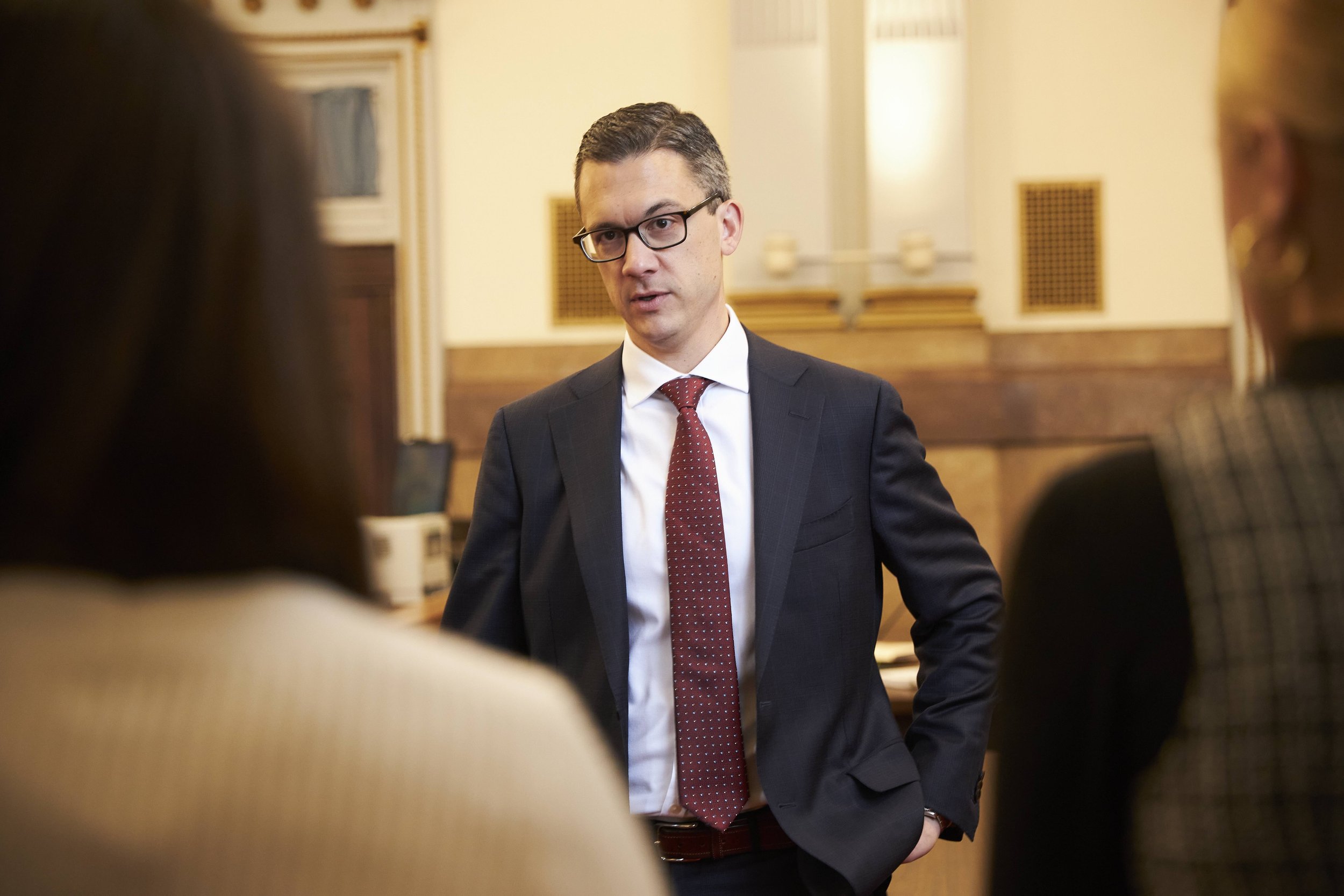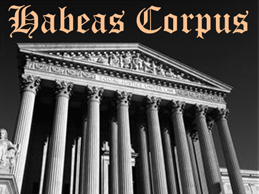Recognizing the Function of a Post-Conviction Attorney in Seeking Justice After a Criminal Conviction
In the complex landscape of post-conviction lawful process, the function of a post-conviction attorney is critical in navigating the course to justice after a criminal conviction. Beyond the boundaries of a test, these lawyers participate in a complex technique focused on uncovering brand-new evidence, challenging lawful errors, and advocating for their customers' legal rights. The ins and outs of post-conviction work call for a blend of legal acumen, investigatory skills, and strategic believing to decipher the complexities of an instance and pursue methods that may have been overlooked or underexplored. As the pursuit of justice prolongs past the boundaries of first procedures, the duty of a post-conviction attorney becomes a sign of hope for those looking for to correct oppressions and recover their civil liberties within the legal system.
Post-Conviction Legal representative's Investigative Job
Post-conviction legal representatives take part in meticulous investigatory work to uncover brand-new evidence, step-by-step errors, or misconduct that can potentially lead to rescinding a conviction. This investigatory phase is essential in the post-conviction procedure as it aims to recognize any type of overlooked information or legal mistakes that may have influenced the outcome of the first trial. Post-conviction lawyers look into case documents, witness testimonies, and lawful documentation with a fine-tooth comb, looking for any disparities or irregularities that might be premises for charm.
Via extensive examination, post-conviction attorneys intend to shed light on prospective oppressions that may have occurred during the original test. They might carry out meetings, consult with professionals, and testimonial forensic evidence to develop an engaging case for their clients. By inspecting every facet of the legal procedures, post-conviction lawyers function tirelessly to discover any kind of factors that may have influenced the judgment. Ultimately, their investigative work plays a crucial duty in the pursuit of justice and the prospective turnaround of wrongful sentences.
Crafting Appeals and Petitions
In the search of justice after a conviction, experienced attorneys thoroughly craft charms and applications to existing engaging disagreements for the reconsideration of lawful decisions. Crafting charms and requests needs a deep understanding of the legal system, attention to detail, and strategic thinking. Post-conviction legal representatives assess test documents, determine prospective errors or infractions of legal rights, and develop legal arguments to test the sentence or sentence.
When crafting a charm, attorneys focus on highlighting legal mistakes that might have impacted the result of the case. They research case law, statutes, and lawful criteria to sustain their arguments. Petitions, on the various other hand, might involve offering brand-new evidence that was not offered throughout the test or demonstrating adjustments in the legislation that warrant a testimonial of the sentence.
Moreover, post-conviction lawyers have to stick to stringent step-by-step policies and due dates when submitting charms and petitions. They have to provide their disagreements plainly and persuasively to persuade the court to grant alleviation to their clients. Via careful crafting of appeals and applications, post-conviction attorneys make every effort to protect justice for people who have actually been wrongfully convicted or unjustly sentenced.

Going After Post-Conviction Alleviation
Post-conviction relief encompasses an array of legal mechanisms made to challenge the validity of a sentence or sentence. Post-conviction lawyers play a critical duty in navigating these intricate procedures, ensuring that all lawful options are discovered to correct oppressions that may have taken place during the test or sentencing phase.
One usual type of post-conviction alleviation is filing an application for post-conviction relief, generally based upon claims of inadequate help of guidance, prosecutorial transgression, recently discovered proof, or constitutional violations. These requests call for a complete analysis of the trial document, legal study, and convincing campaigning for to encourage the court to give alleviation. Experienced post-conviction lawyers possess the abilities and knowledge needed to recognize practical lawful cases, conduct examinations, and existing engaging arguments to protect alleviation for their clients. By carefully seeking post-conviction relief, these legal experts aim to correct losing the unborn babies of justice and maintain the principles of justness and due process in the criminal justice system (Attorney).
Making Use Of Forensic Proof
When testing a conviction or sentence, the tactical usage of forensic evidence can be a powerful tool in post-conviction lawful process. Forensic proof includes a wide variety of scientific techniques used to explore crimes and develop truths in court. Post-conviction attorneys can take advantage of forensic evidence to test the legitimacy of convictions by presenting new clinical searchings for that were not offered during the original test.

Participating In Sentence Alterations
Post-conviction lawyers might discover the opportunity of sentence alterations as a lawful method to resolve out of proportion or unjustified sentences passed on in criminal situations. Sentence adjustments include seeking changes to the regards to an offender's sentence after a sentence has taken location. These modifications can consist of lowering the size of a sentence, changing the kind of punishment enforced, or checking out alternative sentencing options.
Post-conviction legal representatives can seek sentence adjustments through numerous lawful mechanisms, such as filing activities for sentence reduction, appealing for compassionate launch, or discussing plea bargains for minimized sentences. They should carefully assess the scenarios of the case, assess the lawful grounds for looking for an adjustment, and existing engaging arguments to the court sustaining the need for a modified sentence.
Engaging in sentence alterations needs an extensive understanding of criminal regulation, punishing standards, and the certain procedures included in looking for post-conviction relief. Post-conviction legal representatives play a vital role in promoting for fair and just end results by difficult sentences that are unduly rough or do not line up with the concepts of justice.
Conclusion
Finally, the role of a post-conviction attorney is crucial in looking for justice after a criminal sentence. With investigatory work, crafting charms and applications, pursuing post-conviction relief, making use of forensic evidence, and involving in sentence alterations, these lawyers play a crucial function in supporting for their customers and ensuring that their legal rights are maintained within the criminal justice system. Their commitment and proficiency are essential in browsing the complexities of post-conviction view website procedures and attaining a reasonable end result for people encountering criminal sentences.